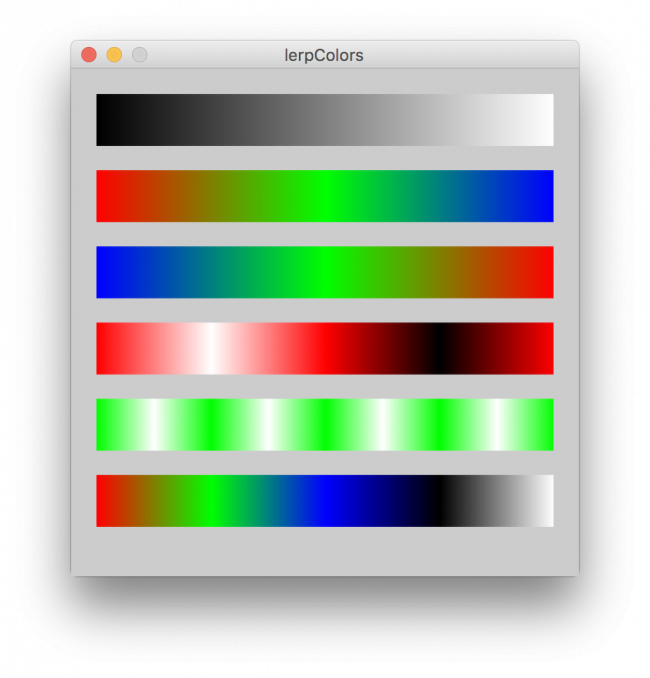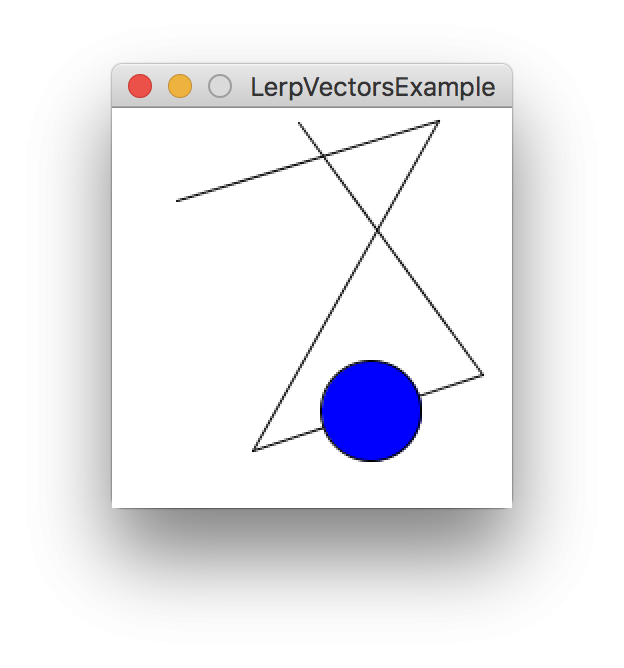Howdy, Stranger!
We are about to switch to a new forum software. Until then we have removed the registration on this forum.
Categories
- All Categories 25.7K
- Announcements & Guidelines 13
- Common Questions 30
- Using Processing 22.1K
- Programming Questions 12.2K
- Questions about Code 6.4K
- How To... 4.2K
- Hello Processing 72
- GLSL / Shaders 292
- Library Questions 4K
- Hardware, Integration & Other Languages 2.7K
- Kinect 668
- Arduino 1K
- Raspberry PI 188
- Questions about Modes 2K
- Android Mode 1.3K
- JavaScript Mode 413
- Python Mode 205
- Questions about Tools 100
- Espanol 5
- Developing Processing 548
- Create & Announce Libraries 211
- Create & Announce Modes 19
- Create & Announce Tools 29
- Summer of Code 2018 93
- Rails Girls Summer of Code 2017 3
- Summer of Code 2017 49
- Summer of Code 2016 4
- Summer of Code 2015 40
- Summer of Code 2014 22
- p5.js 1.6K
- p5.js Programming Questions 947
- p5.js Library Questions 315
- p5.js Development Questions 31
- General 1.4K
- Events & Opportunities 288
- General Discussion 365
List-based interpolations
I've been thinking about array-based interpolations recently.
One that often comes up is how to interpolate not just between two colors, but across an arbitrarily long list of three or more colors, e.g. a heatmap scale blue-white-red:
color lerpColors(float amt, color... colors) {
if(colors.length==1){ return colors[0]; }
float unit = 1.0/(colors.length-1);
return lerpColor(colors[floor(amt / unit)], colors[ceil(amt / unit)], amt%unit/unit);
}
Another that I see is complex path navigation: how to interpolate not just between two PVectors, but along an arbitrarily long list of three or more points, e.g. a sprite patrolling path:
PVector lerpVectors(float amt, PVector... vecs) {
if(vecs.length==1){ return vecs[0]; }
float unit = 1.0/(vecs.length-1);
return PVector.lerp(vecs[floor(amt / unit)], vecs[ceil(amt / unit)], amt%unit/unit);
}
Of course, this can be done when interpolating multiple floats as well:
float lerps( float amt, float... vals) {
if(vals.length==1){ return vals[0]; }
float unit = 1.0/(vals.length-1);
return lerp(vals[floor(amt / unit)], vals[ceil(amt / unit)], amt%unit/unit);
}
These could also be implemented for ArrayLists rather than arrays.
This problem seems fairly fundamental to the idea of interpolation, and comes up a lot. I wonder if it would be worth putting together a pull request to simply add an extra signature to lerp(), lerpColor(), and PVector.lerp().
A downside of I can see for applications of this method is that there is no distance scaling -- so it wouldn't work if for example you wanted a constant increase in amt to navigate the path or move through colorspace at a constant speed, but your points were not a constant distance apart.
Alternately, I wonder if there are better approaches to this class of problems.
Any suggestions or feedback?
Color examples

Vector example

/**
* LerpVectorsExample -- interpolates any list of vectors rather than just two
* Jeremy Douglass 2017-11-30 Processing 3.3.6
**/
PVector vecs[];
void setup() {
size(200, 200);
stroke(255,0,0);
newPath(5);
stroke(0);
fill(0,0,255);
}
void draw() {
background(255);
// new path
if(frameCount%180==0){
newPath(5);
}
// draw the path
drawPath(vecs);
// draw a circle along the path
PVector loc = lerpVectors(map(mouseX, 0, width, 0, 1.0), vecs);
ellipse(loc.x, loc.y, 50,50);
}
void newPath( int count){
vecs = new PVector[count];
for(int i=0; i<count; i++){
vecs[i] = new PVector(random(width), random(height));
}
}
void drawPath(PVector... vecs) {
for (int i=1; i<vecs.length; i++) {
line(vecs[i].x, vecs[i].y, vecs[i-1].x, vecs[i-1].y);
}
}
PVector lerpVectors(float amt, PVector... vecs) {
if(vecs.length==1){ return vecs[0]; }
float cunit = 1.0/(vecs.length-1);
return PVector.lerp(vecs[floor(amt / cunit)], vecs[ceil(amt / cunit)], amt%cunit/cunit);
}
